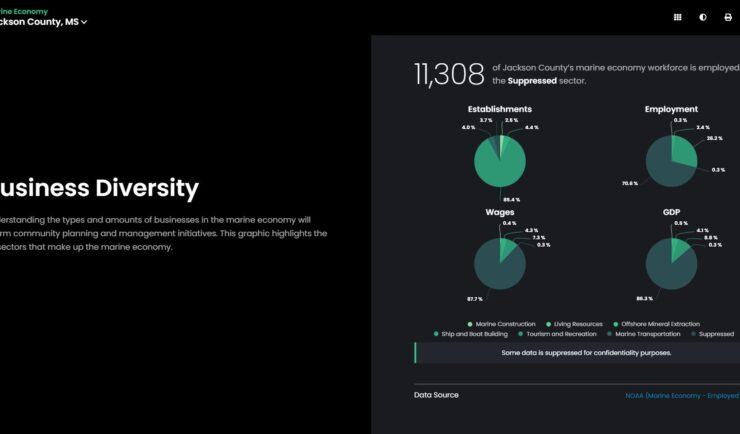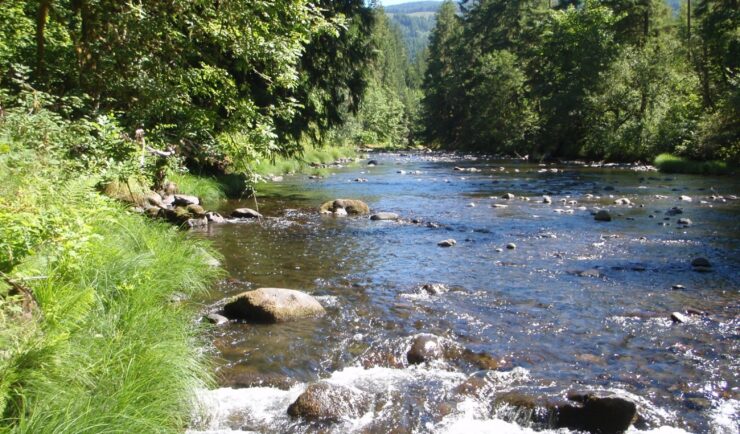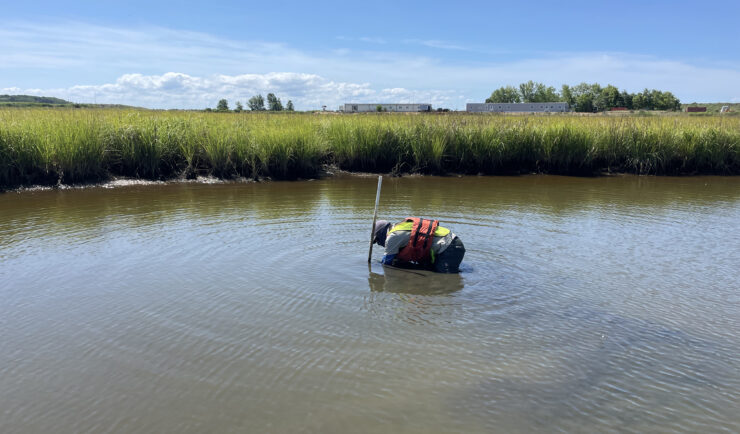Since 1982, members of our staff have supported EPA’s Office of Pesticide Programs. As part of this contract, our staff assess environmental and human health impacts on anthropogenic chemicals. The agricultural industry is critical to food and textile production, it is a large contributor to the U.S. economy. Not only does the industry provide food and materials for the U.S., it also provides products that are high-demand exports for other countries. Our dedicated staff help support this important industry by helping to ensure products used by the agricultural industry aren’t adversely impacting humans, animals, and the surrounding environment.

Our work consists of
- Evaluating pesticide residues in food and feed crops as well as livestock
- Evaluating mammalian toxicity data for agricultural and industrial chemicals
- Determining critical end-points, no-observed-adverse-effect levels and lowest-observed-adverse-effect, reference doses or reference concentrations, and cancer values
- Assessing risk and analyzing weight of evidence
- Evaluating chemical toxicity to non-target species
- Determining no-observed-adverse-effect levels and lowest-observed-adverse-effect levels
- Monitoring movement, metabolism, and degradation of chemicals in the environment
- Evaluating regulatory compliance and quality assurance
For 41 years our staff have been providing these services to EPA’s Office of Pesticide Programs, making this contract our longest client relationship!


See More CSS Insights

Major Overhaul and Update to an Existing Tool
Congratulations to our staff on the highly anticipated new release of Coastal County Snapshots! Our staff are part of a larger team that includes the prime contractor, Lynker, Inc, and federal staff from the National Oceanic and Atmospheric Administration’s Office for Coastal Management who worked for over a year to complete this major task. Coastal…

Developing a Stream Assessment Protocol
CSS has been a significant contributor to the development and implementation of the Oregon Stream Function Assessment Method (SFAM) for more than 10 years. SFAM is a key component of the Oregon Stream Mitigation Program administered by the Oregon Department of State Lands. The mitigation program is designed to address damage to aquatic resources caused…

Tracking Fish Through Restored Habitat
Poplar Island, a severely eroded remote island in the Chesapeake Bay, has been the site of a major restoration effort supported by CSS client, NOAA’s National Centers for Coastal Ocean Science (NCCOS), and their partners, Army Corps of Engineers, and the Maryland Department of Transportation, Maryland Port Administration. This massive effort utilizes dredge sediment from…
